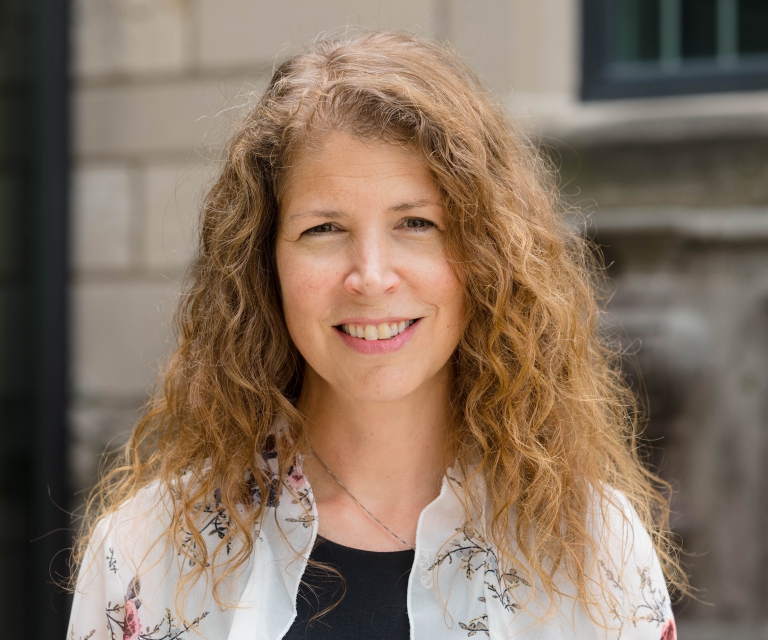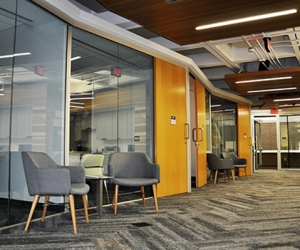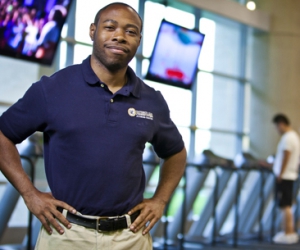
Making History: Q&A with Jill Sarada
On July 1, 2022, Jill Sarada became director of the University of Pittsburgh School of Education’s Fanny Edel Falk Laboratory School, becoming the first woman director in the 90-year history of the school.
Founded in 1931, Falk is an independent K-8 laboratory school located on Pitt’s campus. The progressive, experimental school enrolls about 436 students. In addition to educating students, Falk serves as a demonstration school, hosting more than a dozen student teachers and interns every year as they complete their student teaching requirements. Sarada first came to Falk as a student teacher while enrolled in the School of Education’s Masters in Teaching program. After teaching Kindergarten at Falk for a number of years, she took on a series of administrative roles before becoming director.
As an “experimental” school, Falk supports a variety of research partnerships with scholars at Pitt and other institutions and encourages faculty and staff to explore their own questions and inquiries. Promoting research has been one of Sarada’s priorities since assuming the director role, and she worked with the School of Education to create the school’s first-ever research coordinator position.
It is a special time for Sarada, who has spent her entire career at Falk, beginning as a student teaching intern years ago. Her responses have been edited for length and clarity.
What first inspired you to pursue a career in education?
What first inspired me were the tutoring experiences I had when I was younger. One was with my sister, who was in high school and struggling with math. She would get frustrated when I tutored her because I wouldn’t just give her the answers; instead, I wanted her to understand the answers. After acing a math test, she called me to say that she saw value in the way I was helping her. The experience brought meaning to my life in ways I hadn’t experienced before.
What’s your favorite thing about the Falk School that sets it apart from other schools?
To describe it visually, it’s these flashes and interactions happening all the time between children and adults in the building. These moments of relationship-building happen in a way that is warm, welcoming, and nurturing. That creates a joy in the building for all who enter it, and that joy is electric.
What does it mean to you to be the first woman director in the history of the school?
I want to not only be known as the first woman director, I want to be known for the work I do as the first woman director. I want to make a significant impact on what laboratory schools can do, and what Falk can do at the University. I want to show the young girls at Falk that they can break the glass ceiling—that they “belong in all places where decisions are being made,” to quote Ruth Bader Ginsburg. With hard work and passion, they can achieve anything they put their minds to.
As you start your role as director, what are you most looking forward to doing?
I want to bring a real focus to the research aspect of a laboratory school. A research focus will furter nurture the school’s culture of lifelong learning and engage with every member of our community. I want everyone in our community to feel that love of learning.
If you could have any superpower, what would it be?
Batman has always been my favorite superhero because he doesn’t have a superpower. He’s just intelligent and passionate about helping other people. I wonder what we as humans can do with the powers we have already: our intelligence, our care, our passion. There’s nothing else I’d want more than to use what I already have.




